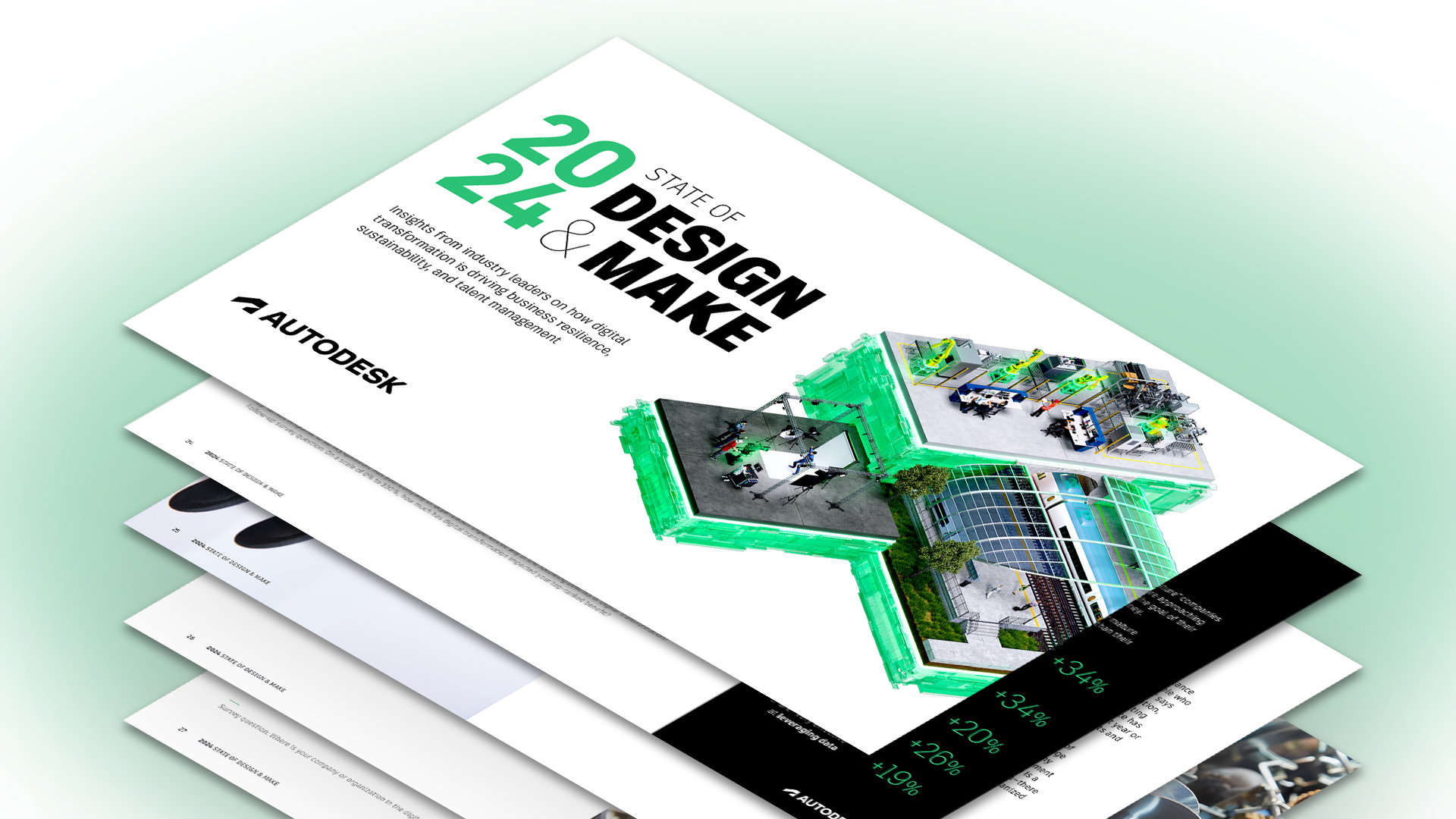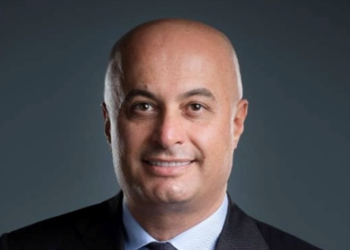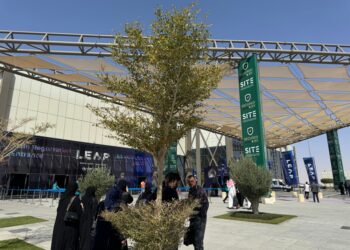Autodesk released the results of its 2024 State of Design and Make Report. Nearly 5,400 industry leaders and experts worldwide (including the UAE and KSA in the Middle East) in various industries, including construction, architecture, engineering, operations and design & manufacturing (D&M), were interviewed for insights on how digital transformation is driving business resilience, powering sustainability efforts, and shaping the future of work.
Notably, 46 percent of design and make companies in the Middle East indicate they are approaching or have achieved their goal of incorporating AI, compared to 56 percent globally. 85 percent of Middle Eastern respondents are confident that their company will make the right decisions regarding AI. While 84 percent of interviewees said that AI will enhance their industry, a stark 51 percent believe AI will destabilise the industry.
Trust in AI is increasing in the Middle East
The report found that AI is shaping business transformation across industries as trust in AI is growing with 87 percent of industry professionals in the Middle East compared 76 percent globally saying they trust AI for their industry.
Businesses are using AI to increase productivity and automate work, and leaders predict that generative AI will help their teams make crucial design decisions about physical products, buildings, and digital assets in the next years. This increase in technology adoption fueled by AI is set to continue, with 77 percent of industry professionals globally saying they will continue to invest in AI and emerging technology in the next three years.
AI to help manage workloads
Cost challenges and lack of staff are forcing companies to become leaner and more efficient.
As a result, more than half (52 percent) of industry professionals say the ability to implement/work with AI is one of the top technical skills companies will be prioritising for hiring decisions over the next three years. 84 percent of these industry professionals in the Middle East say AI will enhance their industry and are aiming to utilise this trajectory to their benefit.
Leaders across design and make industries continue to navigate talent shortages, with the speed of transformation widening the skills gap. As workforces tighten, professionals see AI’s potential to help manage workloads on leaner teams by improving productivity (57 percent), free up employees for more meaningful (41 percent) and creative work (89 percent), and supplement skills gaps (47 percent).
Upskilling is Critical Amid the AI Awakening
Results show that 87 percent of Middle Eastern survey respondents agree that upskilling is important while 41 percent say their organisations don’t have the necessary skills and resources to design internal training programmes, making it difficult for companies to effectively train employees on systems and processes that are specific to their organisation. However, these limitations are not stopping companies from offering any training at all, with 79 percent of Middle Eastern respondents implementing continuous learning and 82 percent investing in digital skills training programmes.
As companies take action to address the rising challenge to business growth, talent acquisition and retention, the report findings show clear factors to consider. Amongst the Middle East respondents, 81 percent say digital maturity of companies helps attract talent and 80 percent find that sustainability efforts attract and help retain talent. Looking ahead, 97 percent of the interviewed industry professionals from the Middle East confirmed they are taking steps to improve sustainability of which 49 percent of the respondents say that AI is an important tool for their company to increase sustainability.
Naji Atallah, Head of Construction and Manufacturing, EMEA Emerging at Autodesk: “In the realm of design and make, AI and digital transformation fuel innovation and resilience. As the leading software provider empowering designers and makers across the Middle East, Autodesk remains steadfast in its commitment to accelerating the industry’s journey towards innovation, sustainability, and expansion in the region. Our latest report signals a pivotal moment, underscored by the region’s governmental initiatives such as the UAE Vision 2031 and Saudi Vision 2030, prioritising technological advancement and economic diversification while emphasising sustainability. These initiatives align seamlessly with our mission to support the growth and development of local industries and upskilling the local design and make talent of the Middle East.”
Damir Jaksic, Chief Information Officer at KEO International Consultants: “AI can automate many tasks and free up time for creative professionals to focus on what they do best. Right now, we use AI to co-design interior spaces; our landscape architects have used AI to assist with conceptual drawings, and we can thank AI for this winning work. At KEO, we have already observed how leveraging these cutting-edge technologies results in greater efficiency, productivity and innovation. We are committed to using these technologies with our partners to deliver the best possible value to our clients. We foresee this transformative journey gaining momentum in the years ahead, and we are excited to play a pivotal role in it.”
Ammar Al Assam, CEO at Dewan Architects + Engineers: “AI and digital transformation are pivotal in reshaping industries across the Middle East. As we navigate towards innovation and sustainability, embracing technology becomes even more paramount. Within the field of architecture, these advancements have the potential to completely reimagine the way we work. By establishing a dedicated task force for AI research and development at Dewan, we aim to seize upon the opportunities of these trends, fostering business resilience, driving growth, and delivering better outcomes for our clients.”
To download the full report, visit Autodesk.com.










Discussion about this post